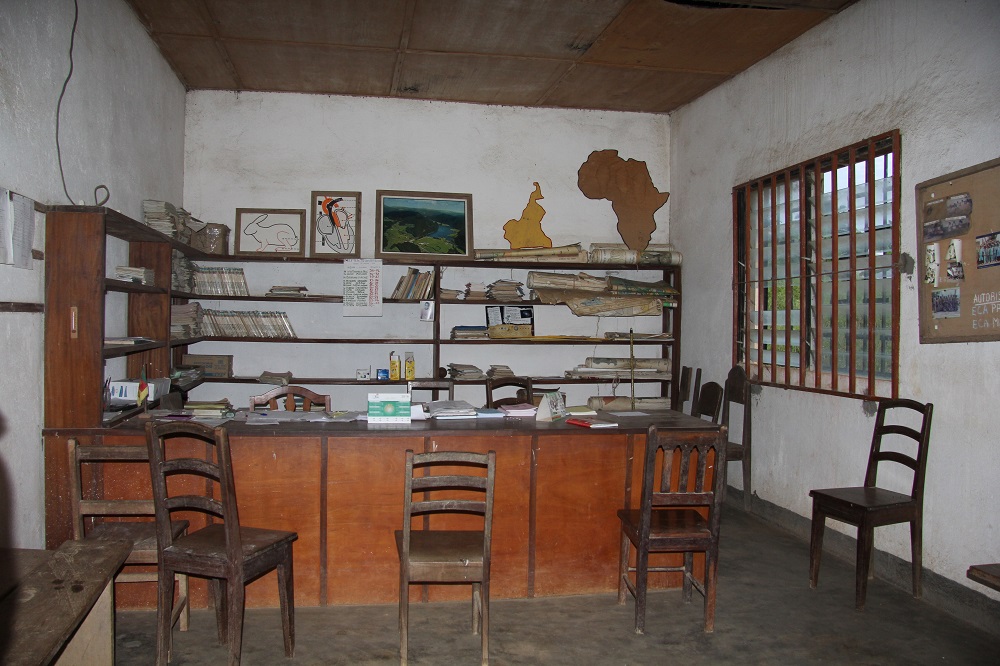The evaluation processes and systems for social intervention projects are essential when it comes to gauging the impact and effectiveness of initiatives designed to address social problems and promote positive changes within communities. These evaluation processes enable us to collect and analyse relevant information on the development, implementation and results of the projects, which, in turn, helps us to improve their effectiveness and efficiency and, above all, permit and facilitate institutional learning. In this article, we’ll explore some of the key aspects of the evaluation processes and systems for social intervention projects and examine how these processes relate to knowledge management within organisations.
Evaluations during social intervention projects
Evaluations don’t usually have a very good image. They’ve historically been perceived as an element of control or a loss of autonomy. However, as we’ve already mentioned, when we refer to social intervention, project evaluation is an essential component that contributes to the programme’s success. Perhaps this is why one of the primary and major challenges with regard to evaluation processes is the establishment of an organisational evaluation culture that understands that the main goal of an evaluation is that of learning to improve programmes and policies.

Image: Storyset para Freepick
How can we define an evaluation? The first step closer to this concept can be found in the root of the word itself. A root that refers to the word “value”. Thus, the dictionary defines the action of evaluating as “indicating the value of something”. In general terms applied to social intervention, we could say that an evaluation is a systematic and objective process that’s used to collect, analyse and interpret relevant information in order to determine the effectiveness, efficiency and relevance of a programme, project, policy or intervention (The American Evaluation Association). Its main objective is to obtain reliable and valid information that enables organisations to make reasoned decisions, make improvements and gauge the impact of a certain action.
When it comes to social intervention, project evaluation is an essential component that contributes to the success of a programme.
There are several components that must be taken into account in order to carry out a successful evaluation. We list some of the most important ones below:
- Purposes of the evaluation. Before beginning any evaluation, it’s crucial to establish the goals and the key questions to be answered. These goals may vary depending on the project, but they often focus on measuring the social impact, assessing the participants’ satisfaction, identifying the best practices and making the necessary adjustments to improve the results.
- Indicators and criteria. Clear and measurable indicators must be established to evaluate the project’s progress and results.
- Data collection. The relevant data are collected by means of several techniques and tools, which may include interviews, questionnaires, participant observation, reviews of documents, registers and focus groups and compilation through digital platforms. The choice of techniques will depend on the evaluation’s objectives and the availability of resources.
- Data analysis. Once the data have been collected, a systematic analysis is conducted to interpret the information obtained and draw significant conclusions. The analysis may involve qualitative and quantitative methods and it will seek to identify patterns and trends and the lessons learnt that are relevant to improving the project.
- Feedback and improvement. The results of the evaluation must be disclosed clearly and effectively to all the stakeholders, including the project’s team, its funders and the community involved. This feedback will help them to make informed decisions and make the necessary adjustments to the project’s design and implementation.
Evaluations and knowledge management
Evaluations of social intervention projects are closely related to knowledge management within an organisation, as they can provide highly valuable information and experiences that can feed the knowledge management cycle. How are the two processes related? We’ll see below.
- Knowledge capture through practical experience. Detailed information on the planning, implementation and results of the project is collected during the evaluation process. This information constitutes valuable knowledge generated through practical experience and it must be systematised by means of tools such as evaluation reports, records of lessons learnt and documents on good practices.
- Knowledge dissemination. The knowledge generated by means of the evaluation must be shared and distributed using tools such as workshops, guides, reports and articles. The aim is to allow other members of the organisation and other players interested in interventions of a similar nature to benefit from the experience and knowledge generated by the project.
- Application of the knowledge generated. The knowledge stemming from the evaluation should be used and applied during future projects and activities. The results of the evaluation can provide ideas to improve the planning and implementation of similar projects and lead to better reasoned decisions. The knowledge generated by the evaluation can also help to identify good practices and prevent common mistakes and problems.
- Continuous improvement. The evaluation also feeds into the organization’s continuous improvement cycle, as its results and the lessons learnt can be used to provide feedback for the strategic planning, adjust the internal policies and procedures and improve the project management practices as a whole.
The evaluation and the management of the knowledge which results from its findings entails being able to capitalise on the specific experiences of the projects to add value to the projects themselves, insofar as they identify improvements to ensure the greater effectiveness and efficiency of current and future projects and, at the same time, they add value to the world, inasmuch as they are capable of collecting, storing, sorting, systematising, giving access to, sharing, communicating and distributing ways, models and formulas of intervention that effectively resolve specific needs that require urgent solutions.
References
Pinto, Víctor M. (2008). Project evaluation. Social agora. Viewed at https://www.miteco.gob.es/en/ceneam/grupos-de-trabajo-y-seminarios/voluntariado-para-la-conservacion-de-la-biodiversidad/6contenidos_evaluacion_proyectos_tcm38-169630.pdf
Ríos, Valentina. (2023). ProFuturo: learning by doing, learning by evaluating. Co-heads. Viewed at https://www.corresponsables.com/opinion/produturo-aprender-haciendo-aprender-evaluando
Vaitsman, J. Roberto Rodrigues, Paes-Sousa, Romulo. (2006). The social policy and programme evaluation and monitoring system: the experience of the Ministry of Social Development and Fight against Hunger of Brazil. UNESCO. Viewed at https://unesdoc.unesco.org/ark:/48223/pf0000148514_spa






